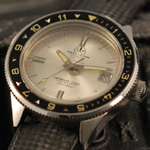 It seems like the dive watch category has inspired more “micro-brands” and “boutique brands” over the last few years to start a watch business than has any other watch category in the industry. Of course, while some of these recent start-ups have attempted to produce their very own ideal of “the perfect diver,” many others rely on already finished, so-called “private label” watches, which are, more or less, watches manufactured by an outside supplier and simply equipped with the brand’s own logo, along with specified dial colors, movements, and strap versions ordered from the actual manufacturer. This process dramatically reduces the need for investments in research and development, and still ensures that the customer receives a capable watch (a decision that can be either criticized or appreciated, depending on your point of view).
It seems like the dive watch category has inspired more “micro-brands” and “boutique brands” over the last few years to start a watch business than has any other watch category in the industry. Of course, while some of these recent start-ups have attempted to produce their very own ideal of “the perfect diver,” many others rely on already finished, so-called “private label” watches, which are, more or less, watches manufactured by an outside supplier and simply equipped with the brand’s own logo, along with specified dial colors, movements, and strap versions ordered from the actual manufacturer. This process dramatically reduces the need for investments in research and development, and still ensures that the customer receives a capable watch (a decision that can be either criticized or appreciated, depending on your point of view).
Now, thanks to the Internet and the transparency it has brought, most dive watch enthusiasts today can easily spot the base watch models, some of them rated as 2,000-meter dive watches, which has as a result led to more individually designed (but still not in-house-produced), affordable dive watches. The idea of private labeling, however is neither new nor exclusive to watch industry, and applying it to dive watches is most definitely not a recent phenomenon.
One of the more famous examples of early private labeling comes to us from the watch brand Jenny, especially the Caribbean model (Ref. 701, above), with its distinctive monocoque case, launched between 1963 and 1964 as one of the first 1,000-meter dive watches. The Jenny Caribbeans and their successors were not only sold under the original Jenny brand, but also by numerous other watch brands, including Philip Watch, Uno, Montresor, Dugena, Milus, Heuralp, Haste de Luxe, Perona, Eisenhardt, Jaques Monnat, Jaquet Droz, Ollech & Wajs, Aquadive, Phigied, Fortis and Balzer (and probably Portex, Thermidor, Tavernier, Mondaine, Surtec, Datzward, Heuer, Maty, Moviga and Technos, as well) to name just a few.
And speaking of Jaquet Droz, the former cooperative (now a luxury brand under the Swatch Group) was a vital provider of base models in that era for the entire industry: for instance, in 1966, an overwhelming 9,000 of its different models were offered at the Basel watch fair, some of them dive watches that became well known under different brand names over the years. Watch companies “in search of the perfect timing underwater” were able to choose between no fewer than 14 standard models, with outer or inner rotating bezels, monocoque cases, screwed backs, et cetera.
A slightly different example of a private label dive watch came from the Italian brand Squale: those models (example below) were often sold with a co-branding rather than a total replacement of the Squale logo on the dial.
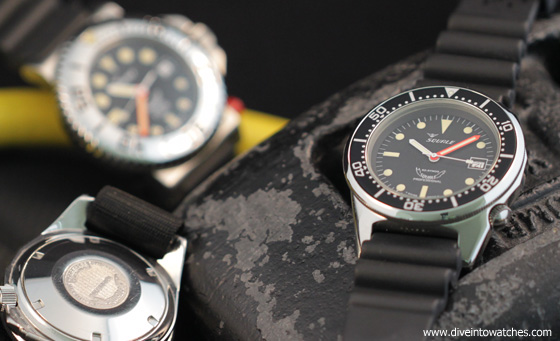
So, while I personally prefer dive watches that are exclusive to one brand, the idea of private labeling – even though it often means a watch made in China these days rather than in Switzerland (which, ironically, was once itself chosen by the likes of IWC founder Florentine Ariosto Jones for its low-cost production benefits) — is at least as old as the first 1,000-meter dive watch. And without it, some of the most desirable vintage dive watches might never have been produced. Who knows? Maybe future generations of collectors might be hunting for a watch made in Shenzhen instead of by Jaquet Droz.
Regardless of all that, two interesting things to note: Squale is back to its former glory as of a few years ago and even the Jenny Caribbean watch returned in 2012/13, but this time, only carrying one logo. Let us know what you think of private label dive watches, and the practice of private labeling watches in general. And for more of my thoughts on this category, visit www.diveintowatches.com.


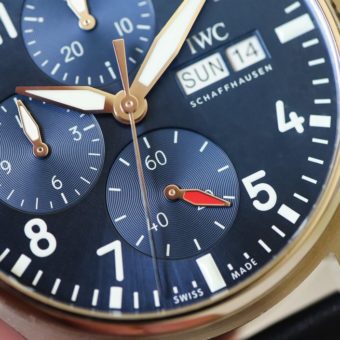
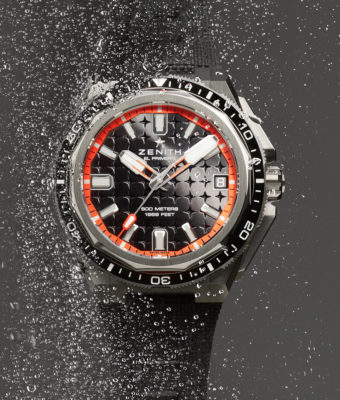
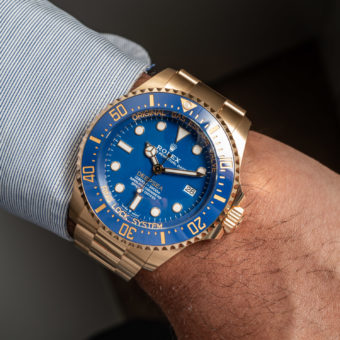
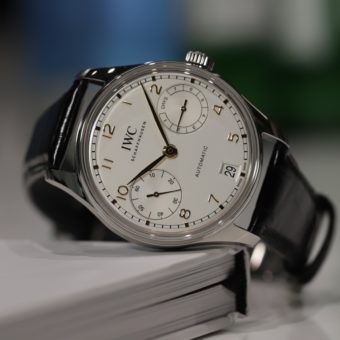
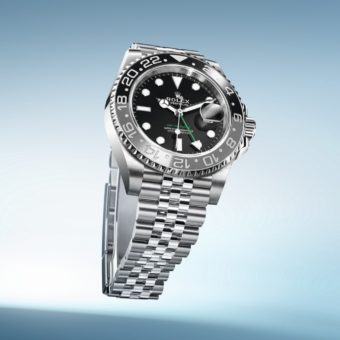
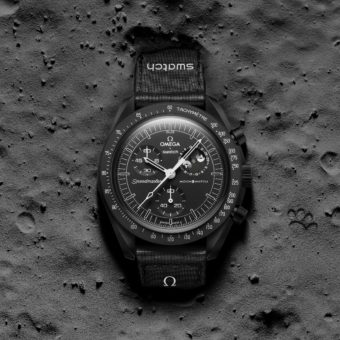
The end product is what matters the most to me. This includes quality materials, attention to detail, overall appearance, useful features, readability, accuracy, durability, comfort and value. I prefer brands I am not familiar with that meet or exceed my expectations.
In principle, I like private label watch companies. My theory is they force the major players to be more honest. What I don’t like is how some rely on derivative designs and others appear to be marketing schemes. Examples include the following:
1. For a long time I really liked the designs coming out of Ocean 7 but was unsure as to their quality. Now that I’m finally sold that it’s a legitimate business, the designs seem to have become more derivative.
2. On the other hand, I am thoroughly impressed by the quality of Marcello watches. But, all their designs are too much like Rolexes and Panerais for my tastes.
So, while I applaud the economic impact of private label brands, I’m hypocritical in that I don’t own any.